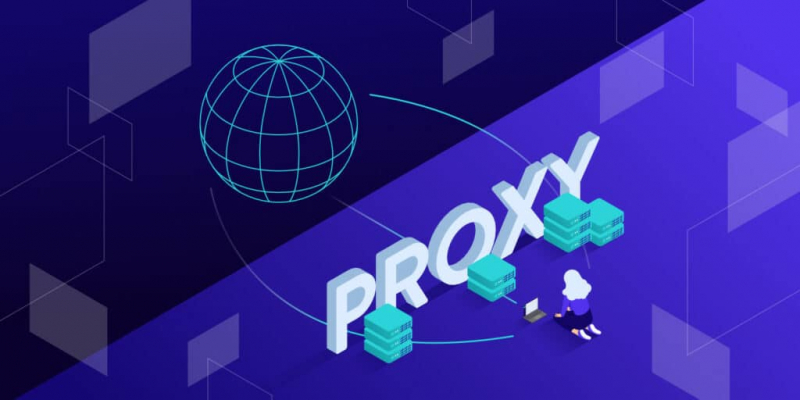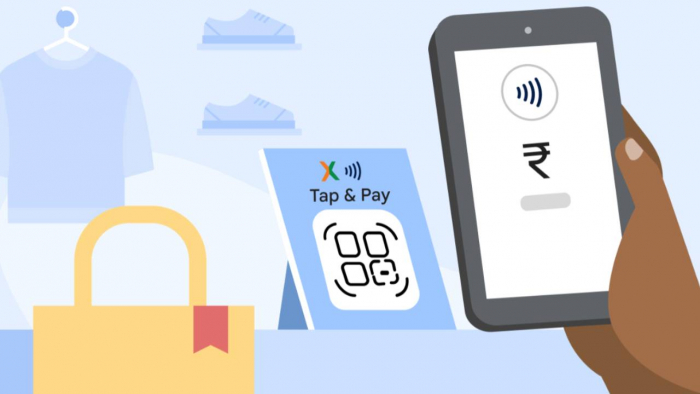Even with the demand for proxy servers rising, the process of selecting a reliable one is still overwhelming.
Many providers don’t disclose how they obtain IPs or actual performance metrics. Moreover, free trials are non-existent, and if there are, they are usually limited. This makes it hard to tell a legit provider from a sketchy one.
Well, if you are still finding it challenging to select a proxy service provider in 2025, we got you! Here are five top providers in 2025 and how you can go about selecting the right one.
Top 5 Proxy Server Providers, 2025
When comparing providers to determine the best proxy server providers, several comparative lists are composed based on features. For this piece, we’ve focused on overall performance and current AI integrations. Explore!

1. BrightData
Even with all the changes we’ve seen in the proxy service space, BrightData still tops the list. This is mostly because of their auto-scalling infrastructure.
With access to over 72 million IPs across mobile, ISP, data center, and residential proxies, BrightData’s proxy infrastructure autoscales based on workload and demand easily.
Moreover, they have intelligent proxy routing features in place, ensuring that your requests are routed through the most optimal paths. This coupled with session control and geo-targeting controls enhances accuracy and performance.
To optimize performance, BrightData has tasked AI with traffic flow management, anti-bot systems detection, and CAPTCHA avoidance. Their AI solutions can tell the most efficient route, automatically adjust request details to avoid detection, and anticipate CAPTCHA triggers before they occur.
2. SOAX
SOAX comes second despite offering access to over 155 million mobile and residential IPs. With this IP pool and a built-in filtering and traffic control system, SOAX allows you to fine-tune requests behavior for faster responses.
You also have the option of filtering down your target to carrier level, enhancing the success rate of highly localized tasks like market research, price tracking, and local SEO. Even after defining a target region, you can switch between rotating and static IPs flawlessly.
Using AI, SOAX’s proxy systems can now route traffic through the most optional paths, improving uptime. The AI models in use also oversee IP rotation and proxy server usage. The models analyze historical data and site behavior to determine the right moment to rotate IPs.
3. Oxylabs
Oxylabs packs a total of more than 100 million IPs, shared across ISP, mobile, datacenter, and residential proxies. This large pool increases proxy use success rates and allows for upscaling on demand.
Their systems proactively monitor IP performance, automatically eliminating dead IPs or banned ones. The rest of the IPs are also filtered, ensuring that you are using clean and high-performing addresses based on the tasks you throw at the proxies.
Speaking of AI, Oxylabs’ residential proxies use machine learning to mimic human behavior, adapt headers, and manage retries. AI analyzes failure causes and resolves the issues without user input. This reduces the chances of tasks like web scraping slowing down whenever an issue arises.
4. Decodo
From a large pool of IPs to ultra-fast infrastructure, Decodo’s proxies have showcased great performance. Their proxies have an outstanding response time, speeds, and uptime, handling most of the tasks with ease.
To maintain connection stability and avoid IP blocks, they have implemented smart rotation systems. These systems automatically filter through IPs and get rid of flagged or unhealthy IPs.
Apart from stable infrastructure setup and connectivity, Decodo has integrated AI, especially in the web scraping department.
First, there’s the AI parser with over 100 prebuilt scraping templates. It uses these templates to extract and format data on the fly. Then, there’s the smart bot detection system that uses machine learning to evade anti-bot systems and CAPTCHAs.
5. NetNut
Like Decodo, NetNut’s proxies deliver reliable performance. Their systems are equipped with automated retries, adaptive rotation, and other features to maximize request success rates.
Machine-learning powers their built-in anti-bot detection algorithms. For instance, they have a Website Unblocker that uses machine learning to emulate human-like site behaviour, solve CAPTCHAs, and manage headers in real-time.
Also, most of NetNut’s web scraping APIs are AI-enhanced. The LinkedIn Scraper and SERP Scarper API automatically manage retries, localization, and pagination thanks to AI. This ensures clear data extraction and minimal latency.
How to Choose From Among the Best
Yes, selecting the right proxy server from the five can be overwhelming. Start with these proven steps to eventually decide what provider suits you best:
1. Know your use case
Ask yourself, why do you need a proxy server in the first place? With a clear reason, it is easier to define the requirements of the proxy you need.
For instance, a rotating proxy server is mostly suitable for tasks that require changing IPs like web scraping. For tasks like social media management, you need a static IP because changing IPs randomly may trigger anti-bot systems.
2. Understand proxy types
There are four known types of proxy servers to choose from. They include residential, mobile, ISP, and datacenter proxies. Each of them match particular purposes based on the nature of the IPs they issue.
Datacenter proxies use virtual machine generated IPs and are easily detected. That’s why they are less used for tasks requiring anonymity.
Residential IPs allow you access to ISP issued IPs. Same to ISP and mobile proxies. That’s why they are great for anonymizing online activities.
3. Check key proxy server features
Once you know why you need a proxy and understand how different types of proxies work, determine what proxy features match the purpose. Then, compare the features offered by the five proxy server providers and rank them.
4. Evaluate trust, privacy, and support
After ranking the five providers, assess how transparent each of them are regarding IP sourcing. Also, check each provider’s logging policy and documentation.
You don’t want to use proxies that keep logs of your online activities or with poor documentation, making it hard to self troubleshoot issues. Lastly, evaluate how solid their customer support is.
5. Compare pricing
Proxy server providers have different pricing structures. Some may charge per bandwidth usage, per IP, per concurrent sessions or threads, and based on a pay-as-you-go model. Take your time to understand these structures to determine which one favors your use case.
Final Words
In 2025, proxy server providers have upped their game, integrating AI into their systems to enhance performance. AI helps with traffic flow management, IP health management, and more.
Nonetheless, it is not that easy to determine which proxy server provider tops the list. That’s why we prepared this guide for you. Try out the proxy server providers we’ve listed to determine which one matches your use case.



NAERTERHTE1513137NERTHRTYHR
Aug 2, 2025METYUTYJ1513137MARTHHDF